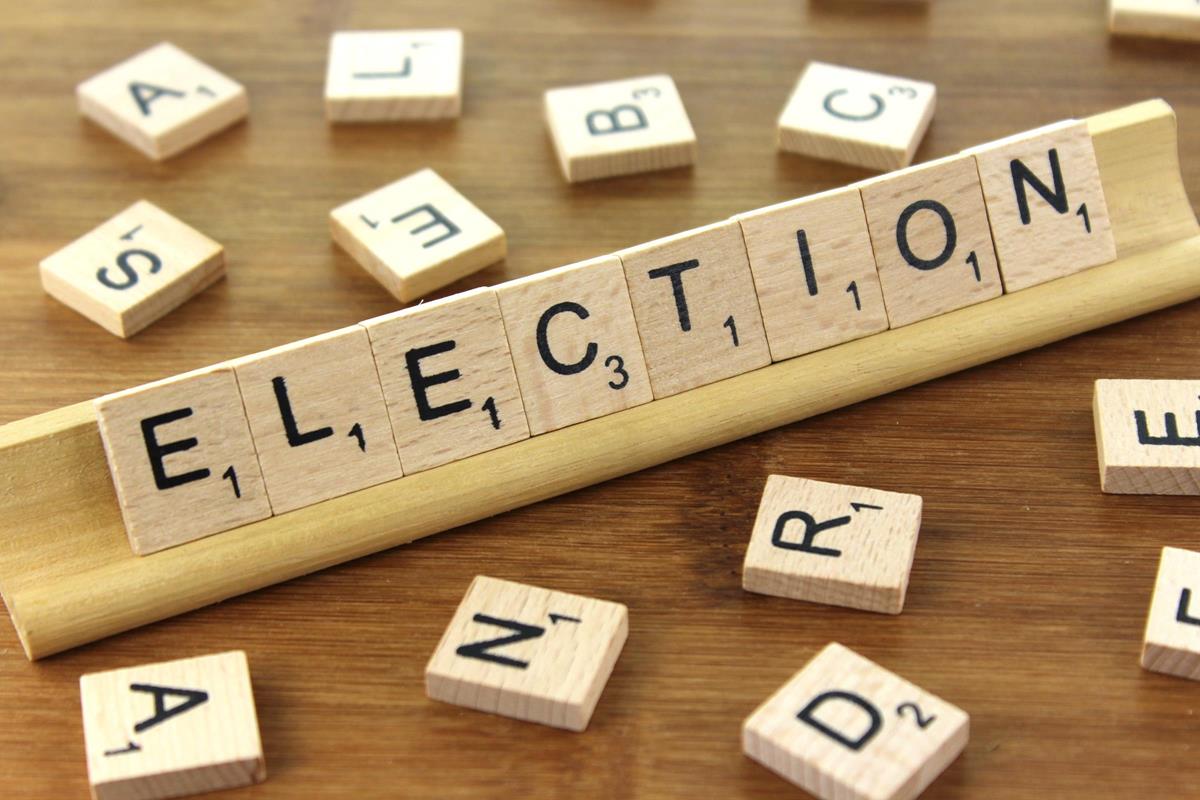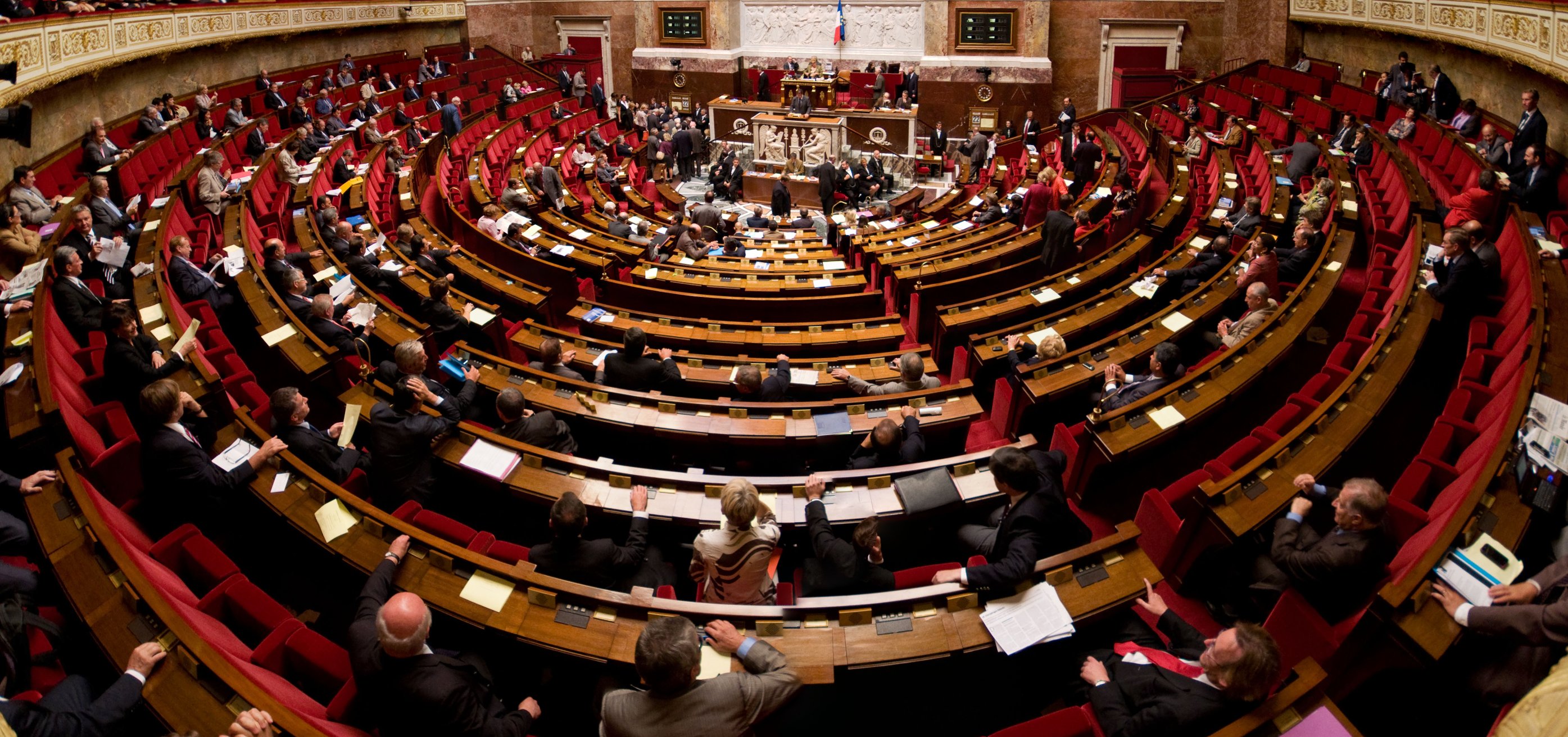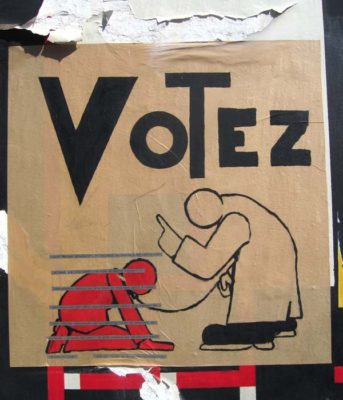French legislative elections: everything you need to know for 2017

As you probably already know, the French presidential election is due to take place in April and May 2017. But do you know what happens next? MyFrenchLife™ is here to guide you through the ins and outs of stage two of the French election process; the French legislative elections.
If you are in any doubt as to how the French presidential elections work, or need a quick recap on the main parties and players in French government, don’t miss our article on the French election process which covers all you need to know.
French legislative elections: what are they exactly?
A few weeks after the presidential election, which takes place on 23 April and 7 May, France will head to the polls again on 11 and 18 June 2017 to vote in the French legislative elections.
This process decides which party is in power in Parliament by electing députés, or members of Parliament. Although the French president holds a lot of power, he or she needs parliamentary approval to make changes in government.
The legislative elections, also known as parliamentary or general elections, are seen as a chance for voters to affirm their choice of political party.
For the politicians, it can be a second chance at power; the leader of the Front National, Marine Le Pen, is rumoured to be standing as a député if her bid for presidency fails. Like the presidential elections, the French legislative elections take place every five years via universal suffrage in a two-round voting system.

How does the French Parliament work?
The French Parliament is made up of two houses, or chambers. The main house of Parliament is the Assemblée Nationale. There are 577 députés who each represent a constituency, or electoral district. As of 2011, French expats have been represented in Parliament, with 11 députés for the estimated 2.5 million French nationals who live abroad.
After the election, the president appoints the prime minister, who needs to be approved by Parliament, and so is almost always from the party that’s in power. The prime minister serves as head of government and is in charge of domestic policy, civil service, government agencies, the armed forces, and day-to-day governing.
The second house of French Parliament is the Sénat. Senators are not elected by citizens, but by grands électeurs, who are mostly other local elected representatives, for example city councillors. All new laws have to pass through both houses.

What if a different party wins the legislative elections?
If the president’s party isn’t able to secure a majority in the legislative elections, the president has to form a government, or coalition, with an opposing party. This is known as cohabitation, and it’s happened three times over the course of the Fifth Republic. JP Morgan analyst Raphael Brun-Aguerre explains:
The powers of the French president are extremely limited if her/his political party loses the parliamentary election.
In spite of this, these instances of cohabitation didn’t lead to the “legislative paralysis” that you might expect from opposing parties sharing power. The reason for this could be that the different parties are responsible and that they share values of the Republic, or – more cynically – because in practice there’s not actually much difference between them, argues RFI.
What are the latest opinion polls saying?
OpinionWay’s projections, carried out in June 2016, show the right with a clear majority in the French legislative elections. They are estimated to win between 266 and 292 seats. This would leave the left with between 188 and 208 seats. The Front National is expected to win between 58 and 64 seats.
The polling institute has called this projection an end to the “duel” between right and left, as the parties of the left continue to decline in France. Similarly, right-leaning newspaper Le Figaro predicts a “wash-out” for the left in the legislative elections.
However, after all the political upheaval around the world in the last 12 months, it feels impossible to predict what will happen. Has Presidential candidate for Les Républicains, François Fillon irrevocably damaged his party’s chances at the legislative elections, after his recent scandal? Will the Front National now gain ground in the legislative elections? Will the Parti Socialiste fold as predicted? And will independent candidate Emmanuel Macron have enough députés to form a government, should he win the presidency? We will have to wait and see!
What do you think of the French parliamentary system? Is it similar to your country? Let’s discuss in the comments below.
Image credits:
1. ‘Election’ by NY, via Blue Diamond Gallery
2. ‘Carte Électorale Vote France’ by Ksiamon, via Wikimedia Commons
3. ‘Panorama de l’hémicycle de l’Assemblée nationale’ by Richard Ying et Tangui Morlier, via Wikimedia Commons
4. ‘Candidats élection présidentielles 2012’ by Pierre-Alain Dorange, via Flickr
5. ‘Campagne présidentielle’ by Photigule, via Le Paris de Photigule









It looks like Macron will win the presidency, which could change the dynamic of the legislative election considerably. While En Marche ! is only a nascent party at this point, it should be able to field a full slate of candidates. Interestingly, Macron will only allow half of these candidates to be career politicians, opening the way for a breath of fresh air in French politics.
The most likely scenario is a coalition government, with no party winning a majority in the Assembly. This will add a new degree of difficulty beyond that of cohabitation. The optimistic scenario is that Macron forms a government with ministers from multiple parties and builds a centrist coalition in the legislature…and actually gets things done!
Yes, if Macron wins it will be interesting to see how well his députés do, and if he manages to field a candidate in every seat. There seems to be a lot of momentum behind him so perhaps he’s about to completely shake up the system. It’s certainly been an interesting election cycle so far!